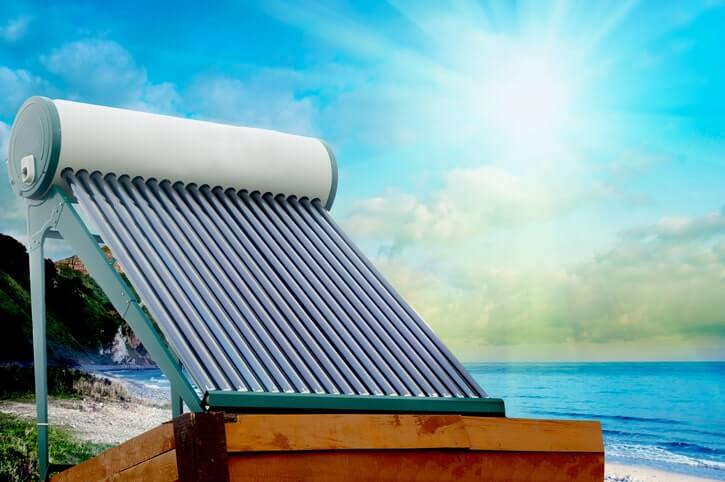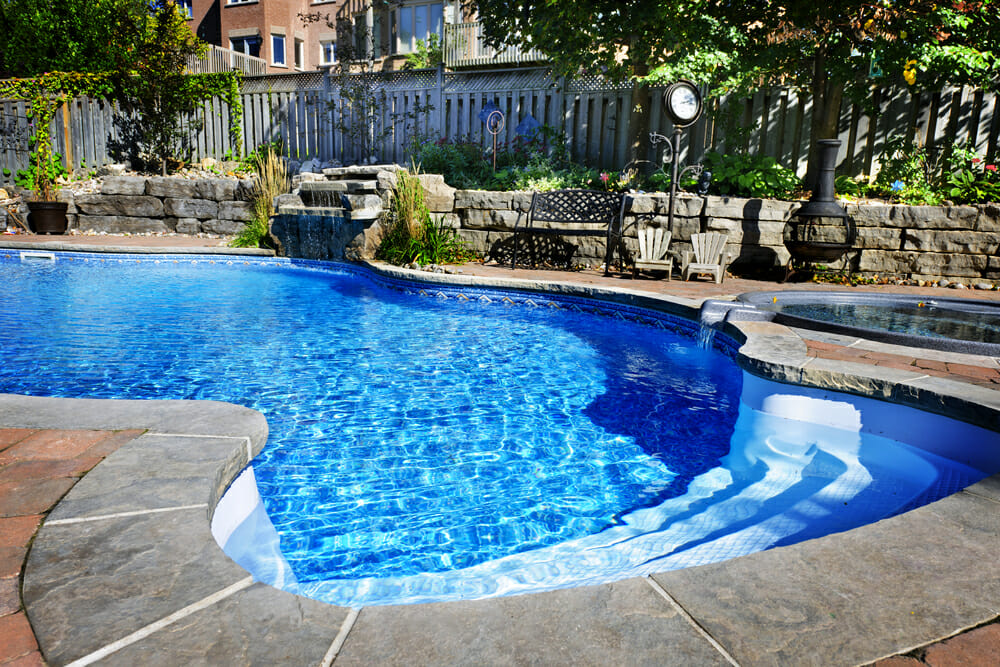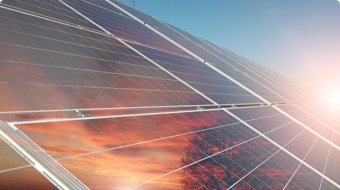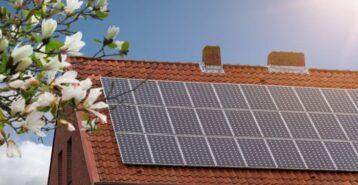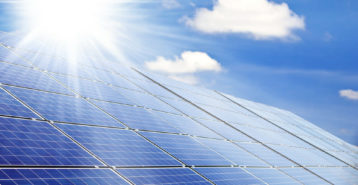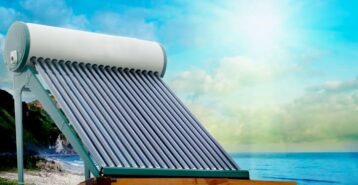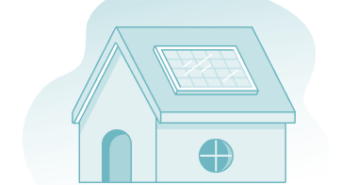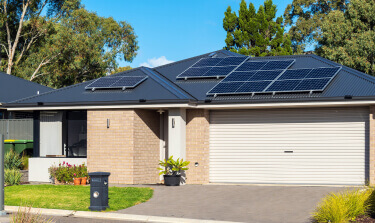Solar Home Heating Systems
Solar home heating systems use the sun’s energy to keep your house warm, cutting both your utility bills and carbon footprint. These systems work by converting sunlight into heat and come in three main types: Solar water heaters, solar pool heaters, and solar air heaters. You can use either system alone or combine both for maximum comfort and efficiency. The biggest advantage of solar heating is its low operating cost. Once installed, the only ongoing expense is a small amount of electricity to run a pump or fan. This should be far less expensive than the cost of running a gas furnace or electric heater.
Clean, Low-Maintenance Heating
In addition to saving money, solar heating systems are eco-friendly. They produce little to no pollution during use. The only emissions tied to these systems come from the manufacturing process. But once in use, solar heaters generate clean, renewable energy.
Maintenance is minimal. Most systems just require occasional checks and part replacements every 3 to 5 years. That might include swapping out fluids, hoses, or seals. But overall, solar heaters are designed to run reliably for decades with very little upkeep.
3 Types of Solar Heating Systems
There are a few different types of solar heaters for the home. Each is widely used around the world and designed for a specific application. The 3 main types of heaters are:
| Feature | Solar Water Heaters | Solar Pool Heaters | Solar Air Heaters |
|---|---|---|---|
| Best For | Homes with high hot water demand (bathing laundry etc.) | Extending pool season and maintaining comfortable pool temps | Heating single rooms garages or smaller spaces |
| Primary Use | Provides hot water for domestic use | Heats pool water | Heats air in a room or small area |
| Installation Cost | $2,500 - $5,800 | $3,000 - $5,000 | $900 - $5,000 |
| Average Lifespan | 20+ years | 20+ years | 20+ years |
| Energy Savings | 50-80% on water heating costs | Significant savings on pool heating | Reduced energy bills from heating one room or space |
| Maintenance | Low: Minimal checks every 3-5 years | Low: Mainly cleaning the collectors | Very low: Requires occasional checks and cleaning |
| Ideal Climate | Moderate to sunny climates | Sunny warm climates | Areas with sufficient sunlight even in cooler weather |
| System Complexity | Moderate: Involves a water storage tank and collectors | Moderate: Integrates with pool filtration system | Simple: Just collectors and air flow system |
1. Solar Water Heaters
A solar water heater, also known as a solar hot water system, is generally used for showering, bathing, and washing laundry. It relies on solar collectors to convert sunlight into heat, which is transferred to the water in your home. The sun beats down on the collectors, or insulated containers with dark colored absorbers. They then heat up, warming the water that passes through them. This water flows to a storage tank to await usage.
Solar water heaters are affordable to run since they rely almost entirely on sunlight, and require minimal maintenance.
2. Solar Pool Heaters
A solar pool heater works similarly to a home water heater. The main difference is that it is installed directly to the pool’s existing filter piping.
As water is pumped through the filter, it is then pushed up through an array of solar collectors. Then, it slowly flows back down into the pool again. The water is both filtered and heated, and the pool is warmed over time.
Since the system makes use of the filter, the pump, and the existing lines already and only adds to the pool filter system, it’s quite affordable and can be added easily.
3. Solar Air Heaters
For someone looking to heat a single room, or a smaller space such as a garage, a solar air heater is a reliable choice. A solar air heater is essentially an insulated box with a glass front and a dark-colored absorber within. As sunlight shines on the box, it heats up inside, and an air line leading to the box pumps cooler air from the room into the box for heating. That hot air flows back into room, raising the temperature to a comfortable level.
A solar air heater is a simple system that offers a stable supply of heat using direct sunlight. While air will naturally flow through the lines on its own without a fan or pump, an exhaust fan is typically employed to speed up air flow even more.
How to Choose the Right Solar Heating System for Your Home
Choosing the right solar heating system depends on several factors, including your home size, climate, and specific heating needs. Each type of solar heater is designed to serve a different purpose, so understanding the benefits of each system will help you make the best decision.
- Solar Water Heaters: Best for homes with high hot water demand, like families with multiple bathrooms or those who use hot water frequently for laundry or dishes. Solar water heaters work well in areas with moderate winters and consistent sunlight.
- Pool Heaters: Ideal for homeowners who want to extend their swimming season or keep pool water at a comfortable temperature year-round. If you have a pool and an existing filtration system, solar pool heaters integrate easily into your setup.
- Solar Air Heaters: These systems are great for smaller spaces, such as a single room, garage, or workshop. They work best in homes with ample sunlight and can supplement existing heating systems without the need for a complete overhaul.
By evaluating your home’s energy needs and considering your local climate, you can choose the right solar heating system for maximum efficiency.
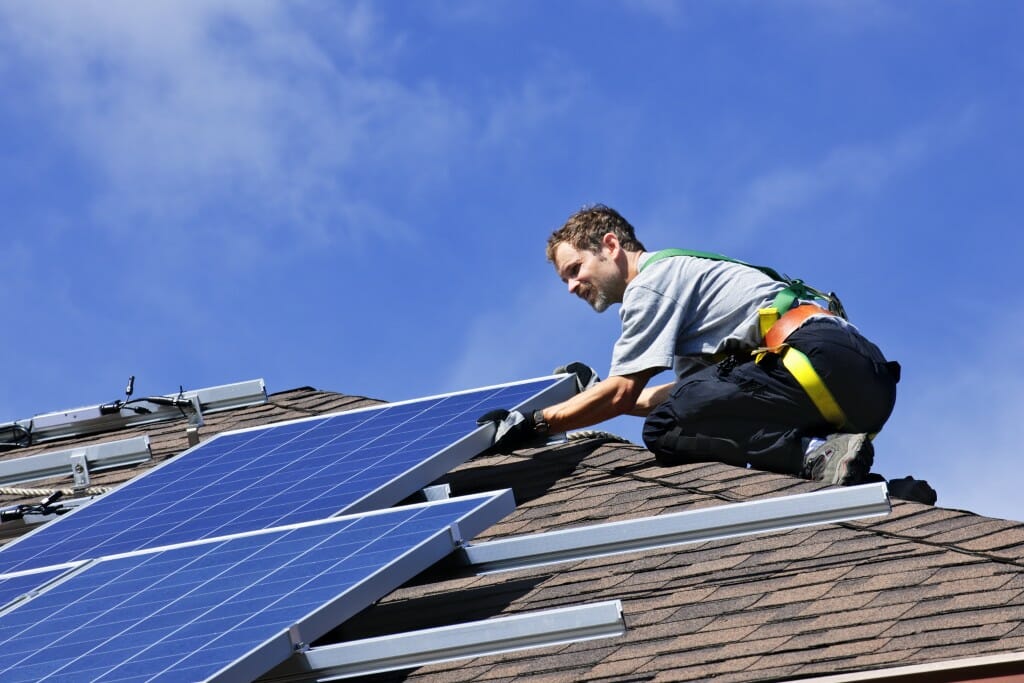
Solar Heating Systems: Energy Savings and Payback Period
One of the main reasons homeowners choose solar heating systems is the potential for energy savings. Solar heaters reduce your reliance on traditional heating methods, such as gas or electric systems, which can be expensive to operate. Once installed, solar heating systems provide 50-80% savings on heating costs.
The payback period for solar heating systems (the time it takes for your savings to cover the cost of installation) typically ranges from 5 to 10 years. Many homeowners find that the upfront cost is quickly recovered through lower energy bills, and after that, they can enjoy years of affordable, eco-friendly heating.
While the initial investment may be higher than traditional systems, the long-term financial and environmental benefits make solar heating a wise choice for homeowners.
While they have a higher initial investment, solar heating systems provide long-term financial and environmental benefits that make solar heating a wise choice for homeowners.
Troubleshooting Common Issues with Solar Heating Systems
Solar heating systems are low-maintenance, but like all systems, they may face occasional issues. Here are some common problems and how to address them:
- Debris Build-up: Over time, leaves, dirt, and debris can block solar collectors, reducing their efficiency. Regular cleaning of the collectors, especially after storms or during fall, will ensure optimal performance.
- Leaks: Solar water and air heaters rely on pipes, seals, and hoses that may degrade over time. If you notice reduced heat output or visible leaks, check the system for worn-out components and replace them as needed.
- Inadequate Heating: If your solar heater isn’t providing enough heat, it may be undersized for your needs, or it might not be positioned to get the maximum sunlight. Make sure your system is located in a spot with plenty of sun exposure, and if it’s still not working well, consider a larger system.
- Pump or Fan Malfunctions: Active systems rely on pumps and fans to circulate heated air or water. If these components aren’t working, your system won’t function efficiently. Ensure these parts are in good condition and replace them if necessary.
Regular maintenance and timely inspections by a professional can help prevent these issues, ensuring your system works smoothly for years.
Are Solar Heating Systems Worth the Investment?
Investing in a solar heating system offers numerous long-term benefits, from reducing your utility bills to lowering your carbon footprint. Solar heaters are an eco-friendly, cost-effective solution for keeping your home warm without relying on fossil fuels.
Whether you opt for a solar water heater, solar pool heater, or solar air heater, each system is designed to reduce your reliance on traditional heating methods, save money, and increase your home’s value. With a payback period of just 5 to 10 years, solar heating systems are a smart investment that quickly pays off.
Additionally, solar heating systems are low-maintenance, require minimal upkeep, and provide consistent, reliable heat. If you’re looking to reduce your energy consumption and lower your heating costs, solar heating is an investment that will benefit both you and the environment for years to come.
Compare top-rated solar pros in your area.
Read real homeowner reviews, explore qualifications, and view promotions. Modernize makes it easy to browse professionals and find one that will be perfect for your project.
